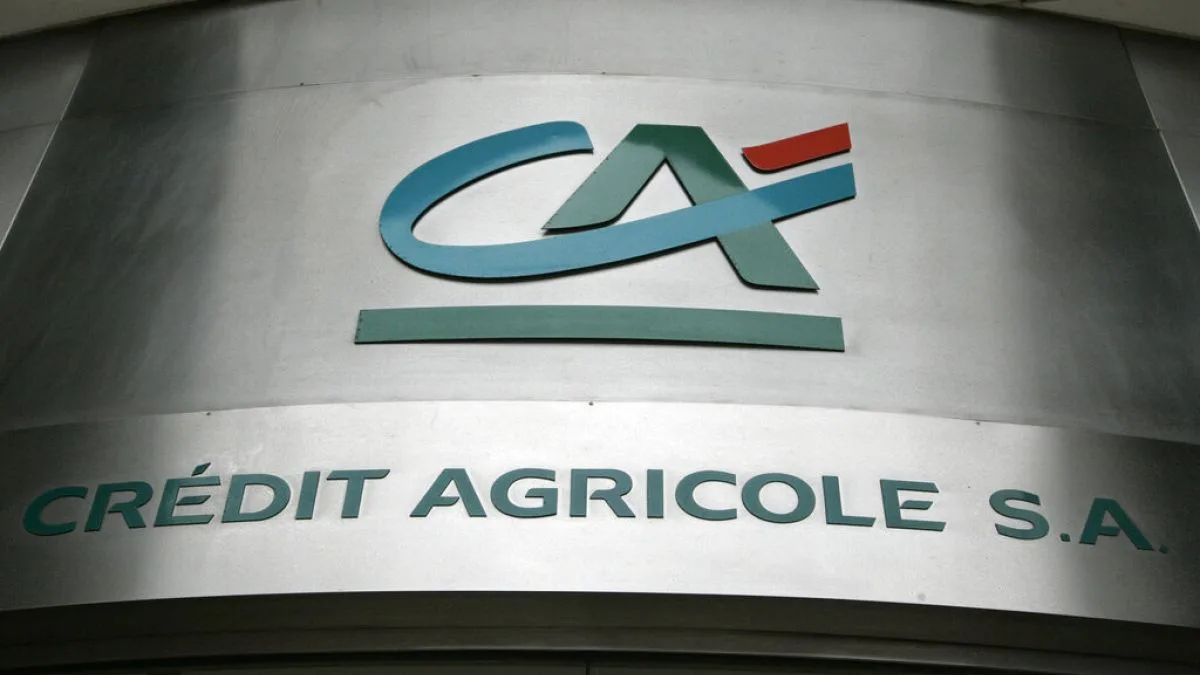The European Court has upheld the European Commission’s 2021 decision, rejecting appeals from Credit Agricole and Credit Suisse regarding allegations of collusion in the secondary trading market. This case centers around claims that these banks engaged in an anticompetitive cartel involving the exchange of sensitive trading information.
In a significant ruling, European judges confirmed that Credit Agricole and Credit Suisse (now part of UBS) were rightly penalized for their involvement in price-fixing activities concerning dollar-denominated bonds. This outcome marks a pivotal triumph for Margrethe Vestager, the European competition commissioner, who is set to step down soon as Teresa Ribera prepares to take over her role in December.
According to the findings, traders from Bank of America, Deutsche Bank, Credit Agricole, and Credit Suisse colluded over a five-year period from 2010 to 2015. They coordinated their trading strategies and fixed prices for dollar-denominated bonds via internet chat rooms. The investigation resulted in fines of €12.6 million against Bank of America, €11.9 million for Credit Suisse, and €3.9 million for Credit Agricole, while Deutsche Bank received immunity for its collaboration with the Commission.
In their appeals, Credit Agricole and Credit Suisse argued that the Commission failed to provide sufficient evidence of antitrust violations and contended that their traders were not part of a coordinated effort to achieve an anticompetitive goal. However, the General Court ruled that the European antitrust authority’s disapproval of the four banks’ actions was justified, affirming its assessment of the economic implications and context of the case.
The collusion operated within the secondary trading market for Suprasovereign and Agency bonds in US Dollars across the European Economic Area. Traders from these banks, who had personal connections, frequently exchanged sensitive information through Bloomberg chat rooms and phone calls, coordinating their trading operations and customer pricing strategies.
Responding to the ruling, a spokesperson for Credit Agricole noted that the bank is taking time to carefully evaluate the General Court’s decision and is contemplating a possible appeal. In contrast, UBS declined to provide any comment on the recent judgment from the General Court.
Photo credit & article inspired by: Euronews



